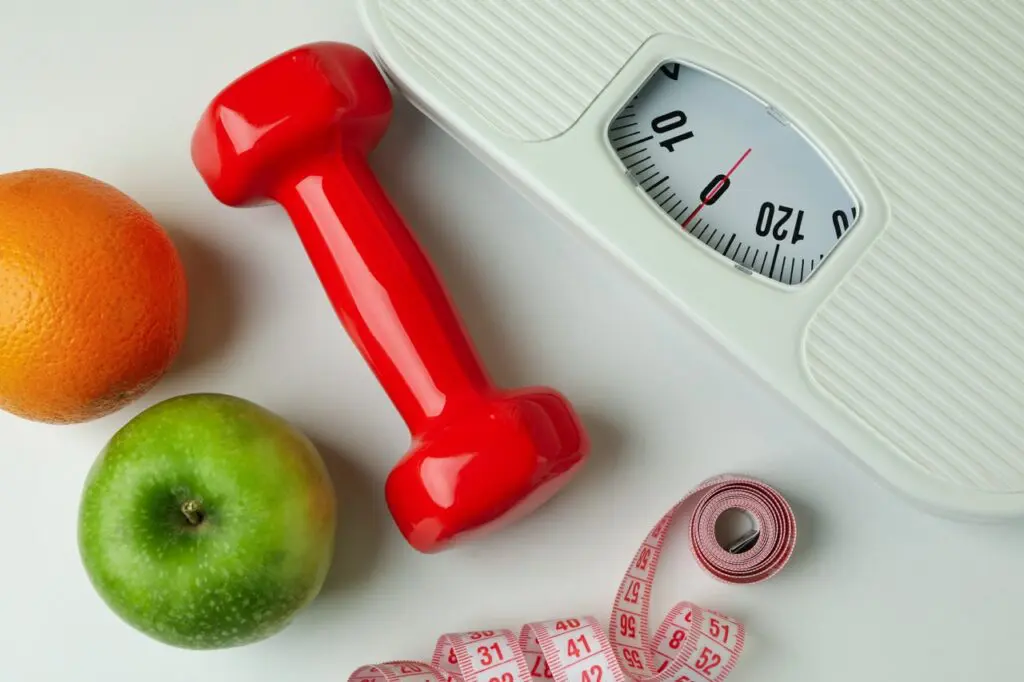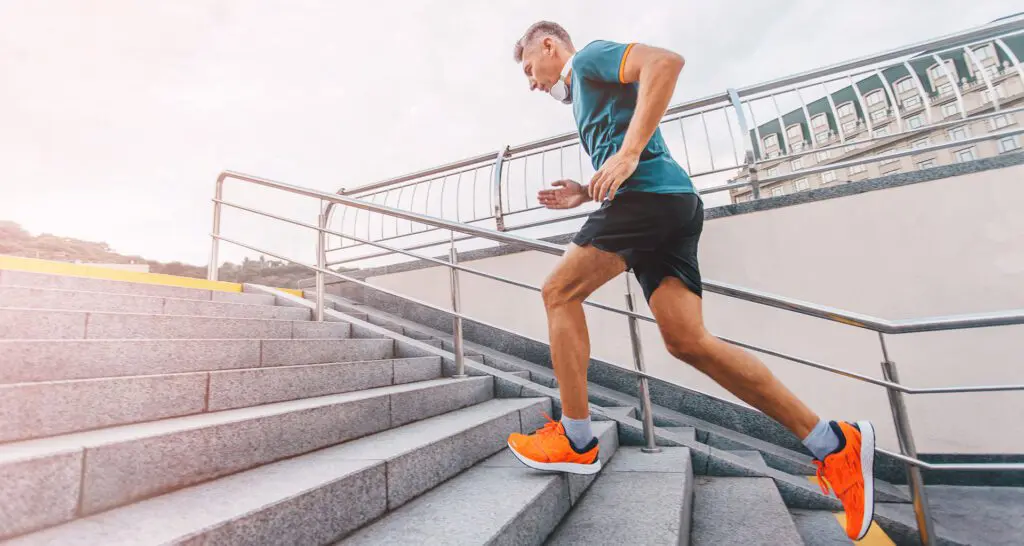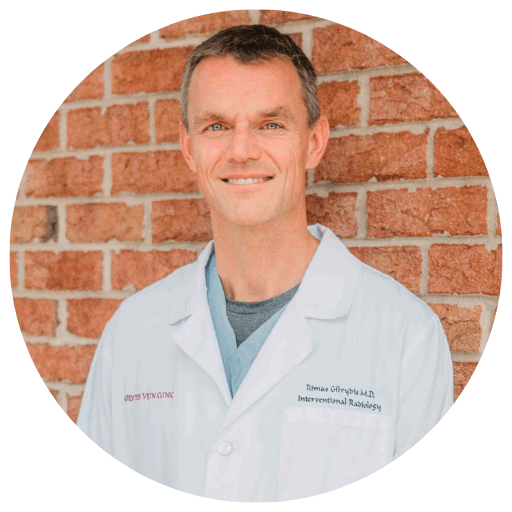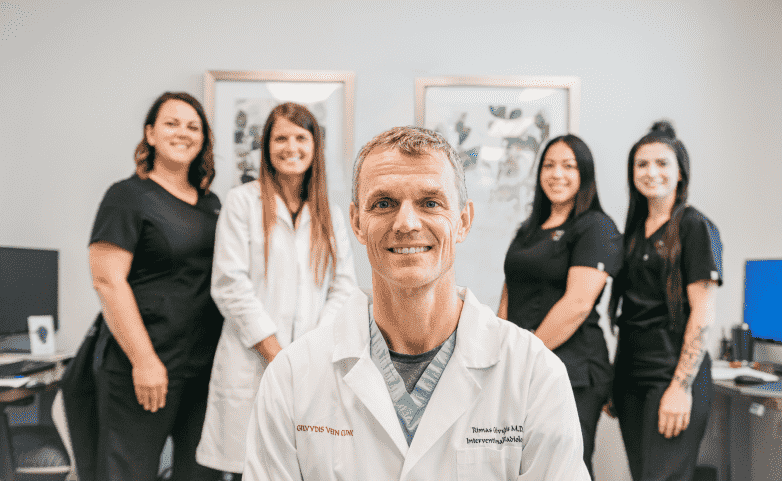Get Back to You.
Over 24,000 Successful Vein Treatments
& Counting
We’re proud to be one of three vein centers in Illinois with an IAC accreditation. Get back on your feet with a team of vein specialists who help you understand your vein treatment options.




